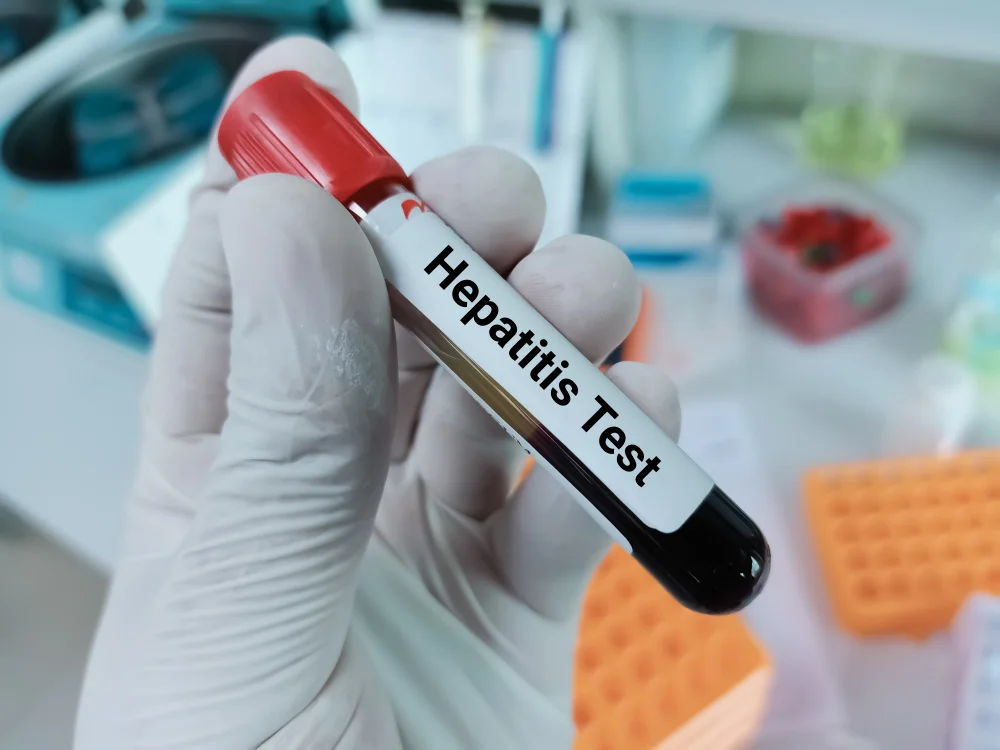Hepatitis C is a serious viral infection that primarily affects the liver, often going unnoticed in its early stages because it can remain asymptomatic for months or even years. Timely testing plays a critical role in diagnosing the condition before complications develop. Many people wonder just how soon after exposure they can rely on a Hepatitis C Test in Dubai to provide accurate results. The answer depends on the type of test used and the body’s immune response, but understanding the timeline is essential for early intervention and effective treatment
Understanding Hepatitis C and Its Impact
Hepatitis C is caused by the hepatitis C virus (HCV), which spreads primarily through blood-to-blood contact. People may be at risk if they have received contaminated blood transfusions in the past, shared needles, or undergone medical or cosmetic procedures without proper sterilization. While modern safety measures have reduced the risk significantly, the virus still poses a threat globally and locally
One of the most challenging aspects of hepatitis C is that it often remains silent. Many people may carry the virus without knowing, as symptoms can take years to appear. When signs do emerge, they may include fatigue, abdominal pain, nausea, and jaundice, all of which can easily be mistaken for other conditions. This makes testing not only important but also lifesaving
Different Types of Hepatitis C Tests
There are several tests used to detect hepatitis C, each with its own timeline of effectiveness. These include:
- Antibody test (anti-HCV test): This test looks for antibodies that the body produces in response to the virus. It usually becomes reliable within 8 to 11 weeks after exposure
- RNA test (HCV RNA PCR): This detects the genetic material of the virus itself and can identify an infection as early as 1 to 2 weeks after exposure
- Genotype test: While not a diagnostic tool for initial detection, this test determines the specific strain of the virus, which can guide treatment once infection is confirmed
The choice of test depends on how recently exposure may have occurred and whether there are risk factors or symptoms that warrant immediate screening
How Soon Can the Virus Be Detected?
The earliest possible detection comes from the HCV RNA test, which can identify the virus in the bloodstream just one to two weeks after transmission. This is particularly important for those who suspect recent exposure and want answers quickly. The antibody test, while more commonly used, requires more time since the body needs weeks to develop detectable antibodies. In practical terms, if testing occurs too soon after exposure, results may not yet reveal the infection, leading to a false sense of reassurance
Healthcare providers may recommend repeating the test after a certain period if exposure is strongly suspected but initial results are negative. This ensures accurate detection once the body has had enough time to respond
Why Early Testing Matters
Detecting hepatitis C early makes a significant difference in long-term health outcomes. Without early diagnosis, the infection can silently damage the liver over time, leading to fibrosis, cirrhosis, or even liver cancer. On the other hand, identifying the virus at an early stage allows for timely monitoring, lifestyle adjustments, and medical treatment that can greatly improve prognosis
Early detection also helps reduce the risk of unknowingly transmitting the virus to others. People who are aware of their status can take precautions to protect their loved ones and prevent further spread

Who Should Consider Early Testing?
While anyone can be at risk, certain groups should be particularly mindful of early testing. These include individuals who:
- Recently received a tattoo or piercing under non-sterile conditions
- Have a history of intravenous drug use
- Were exposed to blood through accidents or healthcare settings
- Had unprotected contact that may involve blood exposure
- Were born to a mother with hepatitis C
Even without symptoms, people in these categories may benefit from an early HCV RNA test to ensure peace of mind and prompt action if necessary
The Role of Awareness and Prevention
Awareness plays a powerful role in combating hepatitis C. The more people understand how the infection spreads and when to test, the more likely they are to protect themselves and others. Preventive measures, such as avoiding sharing personal items like razors or toothbrushes, ensuring sterile equipment for any medical or cosmetic procedures, and practicing safe behaviors, all reduce risk significantly
Testing is not only about personal health but also about contributing to broader public health efforts. Each early diagnosis supports the goal of reducing overall transmission rates and protecting communities from long-term complications associated with hepatitis C
Conclusion
Knowing how early a test can detect hepatitis C provides individuals with the confidence to take control of their health. The RNA test offers answers within just a couple of weeks after exposure, while the antibody test becomes reliable after two to three months. Understanding this timeline ensures that testing is not done prematurely, preventing false negatives and encouraging repeat testing when necessary. For those seeking clarity and reassurance, a Hepatitis C Test Dubai offers the opportunity to detect the infection early, protect liver health, and prevent future complications. Awareness, timely action, and responsible testing remain the cornerstones of living healthier and safer lives





Comments